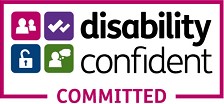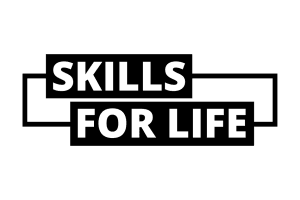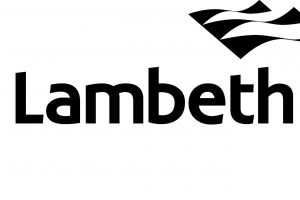This advanced practical fine art course aims to support students on the Fine Art Mentoring Course. You will bring work in for tutorials, group discussions and workshops, developing your practice as artists both in and outside college. The course will build a stimulating and supportive peer group, introducing skills to enable students to continue working together on collaborative projects. The course leader is artist Erika Winstone, who has taught higher education for over 25 years.
Fine Art Mentoring – Studio Practice
When & Where
-
2 June 2025 - 23 June 2025 ( 12 hours, 4 weeks )
- Evening, Monday
-
View course timetable
-
Waterloo Centre
Quick Facts
- Availability Late starts accepted
- Tutor Erika Winstone
- Course Code W24PDGA11A
- Suitable For 19 year olds and up are permitted on this course
What you will learn
Learning Outcomes
By the end of this course, you will be able to:
- Develop the skills, confidence and quality of work required for successful independent practice and/or apply for postgraduate study
- Forge ongoing connections with a community of artists
- Work with others on collaborative projects
- Plan and work towards a group exhibition
Cost
Class format and activities
You will learn as a member of a group in the studio at Morley College, through a rich range of individual and group tutorials and workshops with the course leader.
Entry requirements
Entry to this course is by interview with portfolio (or photos) of recent work including sketchbooks. Email erika.winstone@morleycollege.ac.uk to request an interview. This course is ideal if you wish to refresh after time out, make time for your practice or build a portfolio for an MA. You should have already completed an Art Foundation, have an art degree, or proven equivalent experience, with a strong portfolio of artwork. You should have some basic computer skills. If English is not your spoken language you should have IELTS at least 5.5 in reading, writing, listening and speaking.
What you need to know before you enrol
Studios are accessible by stairs
What you need
When working onsite, you will need to bring in examples of your work for each tutorial for discussion, advice and feedback. You will find it helpful to bring a paper and pen for making notes. A smartphone or camera is useful for recording your work and you may also want to upload materials and links to share with your class on Microsoft Teams.









